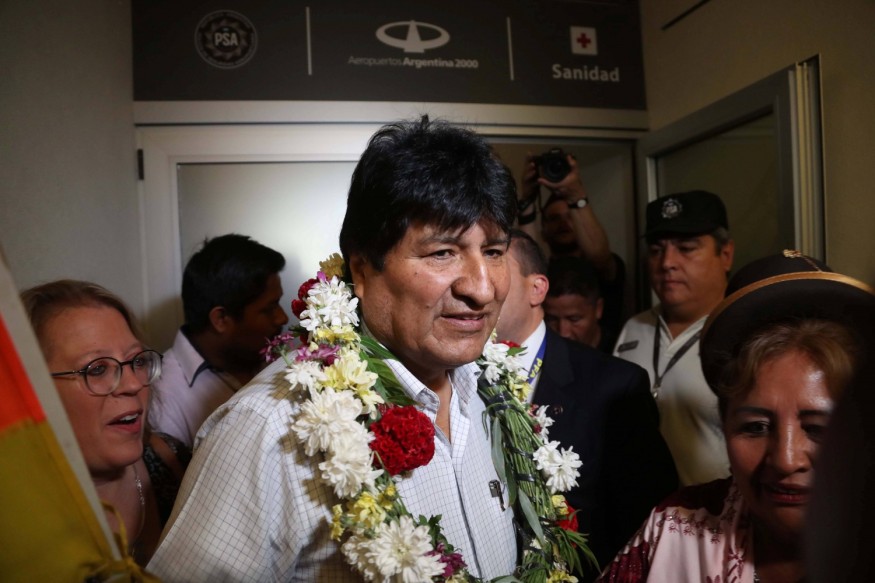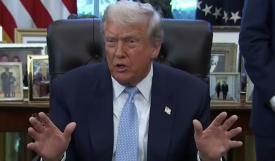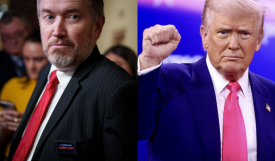Giving Political Refuge Is Something Mexico Has Always Done

The reputation of Mexico for hosting embattled foreign leaders is well known. While people such as the Cuban in exile, José Martí, persisted in the 19th century, the tradition was developed more strongly in the 1930s.
The Mexican revolution's hero, Lázaro Cárdenas, gained the presidency in 1934. Cárdenas was a strong supporter of nationalization, as was the then president Andrés Manuel López Obrador. He also welcomed Spanish Republicans who fled Franco.
A Gulfstream G550 of the Mexico Air Force landed in the Bolivian jungle on 12 November 2019.On board was Evo Morales, Bolivia's president for 14 years, who had won his fourth win in the election three weeks earlier.
Morales stepped foot in his home country 15 hours later, following diversions to avoid a diplomatic incident. He was the last in a lengthy list of refugees in Mexico, which included politicians, musicians and activists.
His victory in 2006 was a milestone in a country that had a majority of indigenous peoples for 500 years in the second class. Bolivia's indigenous peoples were not even capable of entering the Plaza Murillo in the 1950s, La Paz's main political capital. Morales was the very first indigenous Bolivian president.
His triumph demonstrated more than representative. Abetted by the wares blast, he presented far-reaching social and monetary changes that brought a large number of Bolivians out of destitution - doing as such at a quicker rate than some other nation in South America.
In spite of the fact that he was one of the 'Pink Tide' of Latin American radicals in office during the 2000s, Morales' prevalence was remarkable for its monetary sober-mindedness and, for a long time, he was a moderate, democratic communist.
In 2016, during his third term, Morales called a sacred choice to look for another command. Despite the fact that he stayed mainstream, even supporters started to ponder whether he was moving towards autocracy and his movement was crushed with 51 percent of the votes.
After a year, referring to maligning during the choice battle, Morales effectively engaged the established court to deny the outcome and let him run in October 2019.
Morales' fundamental opponent right Carlos Mesa, who was president from 2003 to 2005 and had been compelled to leave following well-known fights.
Morales was the leader in the first-round vote yet, given his choice annihilation, investigators expected a genuine test in case of a run-off. Morales would require an edge of 10% to be sheltered.
In the hours after the decision on 20 October, surveys showed that Morales would have been denied a by and large win. After a deferral, it was declared on 24 October that Morales had made sure about 46.83 percent of the vote and Mesa 36.7 percent.
Bolivia quickly fell into a political crisis as Morales' supporters and rivals conflicted the nation over. Enemies looked for a keep an eye on the official capacity to forestall autocracy; supporters saw a Washington-supported upset.
On 11 November, after the military pulled back its help for Morales, he surrendered and loaded up the plane for Mexico.
Subscribe to Latin Post!
Sign up for our free newsletter for the Latest coverage!
© 2025 Latin Post. All rights reserved. Do not reproduce without permission.















